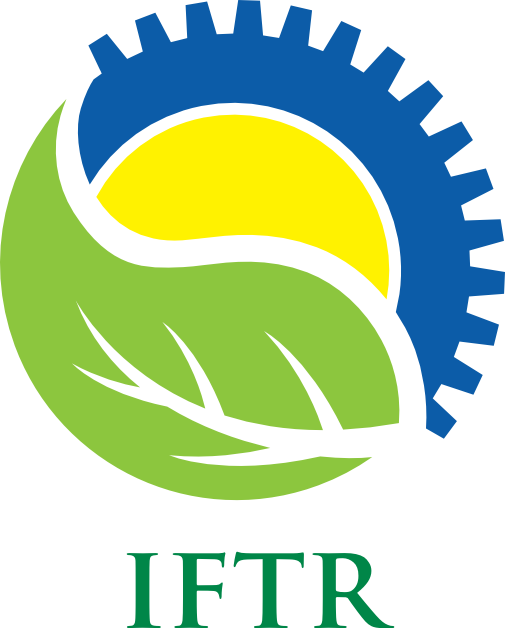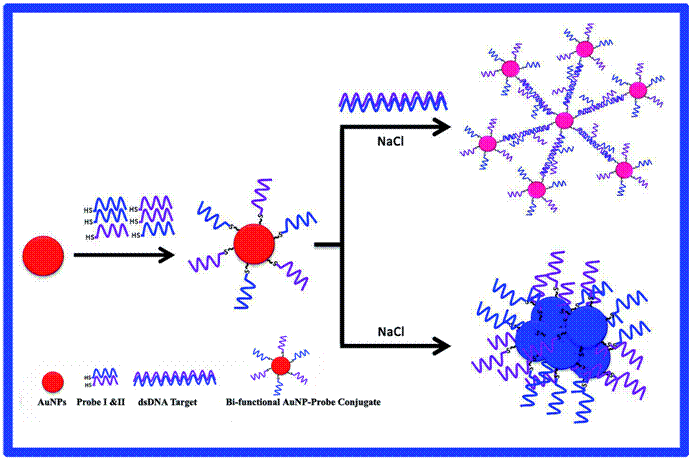 Indigenous and Frontier Technology Research Centre IFTR
Indigenous and Frontier Technology Research Centre IFTR
Design, Develop and Disseminate technologies for the masses

Nanotechnology
Nanotechnology is recognized as one of emerging technology that contribute to sustainable competitiveness and growth in all the field of science and technology. The new chemical and/or physical properties of nano-scale particles provide useful functions that are being rapidly exploited in medicine, biotechnology, electronics, material science and energy sectors, among others. Nanotechnology applications has been ongoing for largely a decade by now, searching for solutions to several agricultural and environmental challenges, such as sustainability, improved varieties, increased productivity.
Nanomaterials have been using as smart material for controlled release of plant nutrients, hormones, pesticides and fertilizers in order to minimise nutrient losses in fertilisation and increase yields through optimised water and nutrient management. Also using as an antimicrobial agent to control the bacterial and fungal diseases.
More recently, metal nanoparticles using as sensing materials for disease diagnosis and infections. Nanotechnology derived devices are also being explored in the field of plant breeding and genetic transformation. Additionally, agriculture could be a source of bio-nanocomposites with enhanced physical–mechanical properties based on traditionally harvested materials, like wheat straw and soy hulls, for bio-industrial purposes.
While the potential of nanotechnology in agriculture is large, their use suffers from lack of increased scale of production at economically acceptable levels and associated environmental risks. Despite efforts worldwide, the agricultural sector still has not yet seen products in market when compared to other sectors of nanotechnology application
